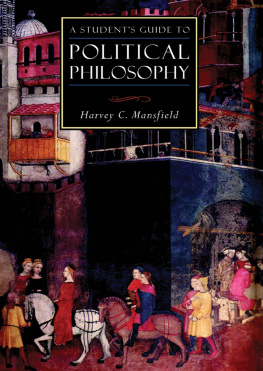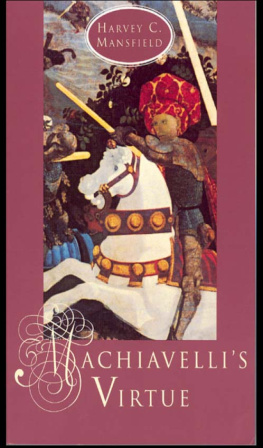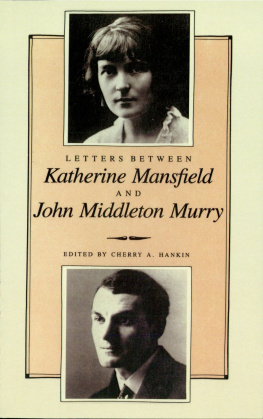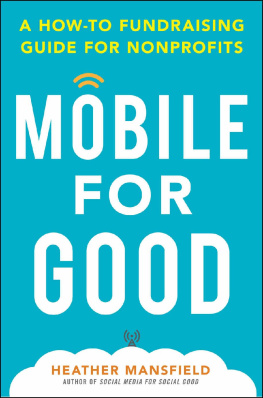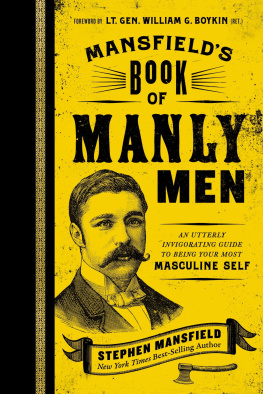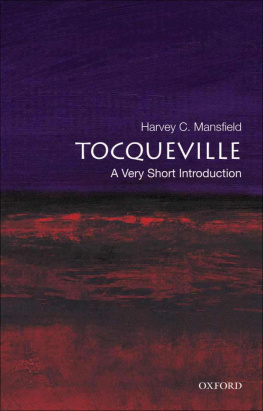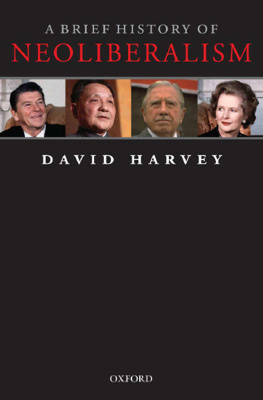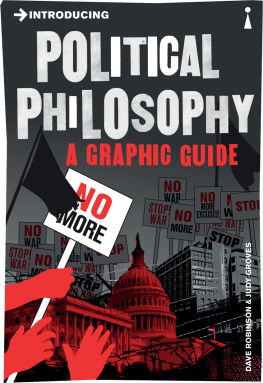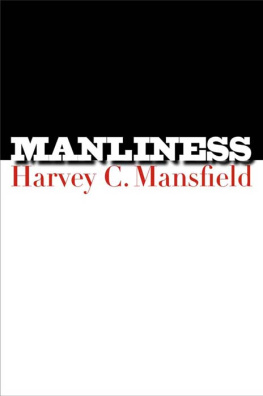EARLY BIRD BOOKS
FRESH EBOOK DEALS, DELIVERED DAILY
LOVE TO READ ?
LOVE GREAT SALES ?
GET FANTASTIC DEALS ON BESTSELLING EBOOKS
DELIVERED TO YOUR INBOX EVERY DAY!
THE PRESTON A. WELLS JR. GUIDES TO THE MAJOR DISCIPLINES
GENERAL EDITOR
JEFFREY O. NELSON
EDITOR
JEREMY BEER
PHILOSOPHY Ralph M. McInerny
LITERATURE R. V. Young
LIBERAL LEARNING James V. Schall, S.J.
THE STUDY OF HISTORY John Lukacs
THE CORE CURRICULUM Mark C. Henrie
U.S. HISTORY Wilfred M. McClay
ECONOMICS Paul Heyne
POLITICAL PHILOSOPHY Harvey C. Mansfield
PSYCHOLOGY Daniel N. Robinson
CLASSICS Bruce S. Thornton
AMERICAN POLITICAL THOUGHT George W. Carey
RELIGIOUS STUDIES D. G. Hart

INTRODUCTORY NOTE
POLITICAL PHILOSOPHY is found in great booksthose by Plato, Aristotle, Locke, Rousseau and others of the highest rankand in books by professors. You should spend much more time with the great authors than with the professors, and you should use the professors to help you understand the great authors; you should not allow yourself to be diverted or distracted from the great books by the professors. Why not go for the gold? Why be content with the dross? I am a professor; so take it from me that I am only a subordinate guide, one with the office of introducing you to the true guides.
Political philosophy can also be found outside the booksin actual politicsbut here we see it only in its first strivings, before it appears under its own name. Citizens and politicians do not claim to be philosophers, whom they rather look down on as ingenious but inept. But politics and political philosophy have one thing in common, and that is argument. If you listen to the talk shows, you will hear your fellow citizens arguing passionately pro and con with advocacy and denigration, accusation and defense. Politics means taking sides; it is partisan. Not only are there sidestypically liberal and conservative in our daybut also they argue against each other, so that it is liberals versus conservatives.
PARTISAN DIFFERENCES

EACH SIDE defends its own interests, those of schoolteachers versus those of stockbrokers, for example, but they also appeal to something they have in common: the common good. Defending their interests, each says, contributes to the common good. At the same time, the parties appeal to someone in common, a common judge who would decide the issues between them. Normally this judge is merely the person they are trying to persuade or impress, but he could be a person competent to judge. Arguments, good or bad, are made with reasons and so are aimed implicitly, if not usually, at a reasonable judge. Here is where political philosophy enters. Most people reason badly, but they do reasonand political philosophy starts from that fact. In America today, liberals argue that wealth is unjustly distributed, for example, but they overlook the need to generate wealth. Conservatives do the reverse; preoccupied with wealth generation, they pay little attention to how it should be distributed.
A partisan difference like this one is not a clash of values, with each side blind to the other and with no way to decide between them. A competent judge could ask both sides why they omit what they do, and he could supply reasons even if the parties could not. Such a judge is on the way toward political philosophy.
There is a long tradition of political philosophy dating from Socrates and consisting of a series of great books, each written to comment favorably or adversely on a contemporary or a preceding philosophy. A scholar can devote his life to this tradition or a part of it, and anyone serious about political philosophy will want to acquire at least some knowledge of the tradition. But one does not have to go to books of political philosophy to find political philosophy. All the books of political philosophy could be lost, if one can imagine such a calamity, and yet the activity could be generated anew directly from political life. The partly rational character of politics calls for completion in political philosophyeven though it takes a great thinker, to whom we are all greatly indebted, to answer the call.
Politics always has political philosophy lying within it, waiting to emerge. So far as we know, however, it has emerged just once, with Socratesbut that event left a lasting impression. It was a first. I stress the connection between politics and political philosophy because such a connection is not to be found in the kind of political science that tries to ape the natural sciences. That political science, which dominates political science departments today, is a rival to political philosophy. Instead of addressing the partisan issues of citizens and politicians, it avoids them and replaces their words with scientific terms. Rather than good, just, and noble, you hear political scientists of this kind speaking of utility or preferences. These terms are meant to be neutral, abstracted from partisan dispute. Instead of serving as judge of what is good, just, or noble, such political scientists conceive themselves to be disinterested observers, as if they had no stake in the outcomes of politics. As political scientists, they believe they must suppress their opinions as citizens lest they contaminate their scientific selves. The political philosopher, however, takes a stand with Alexis de Tocqueville (1805-59), who said that while he himself was not a partisan, he undertook to see, not differently, but further than the parties.
To sum up: political philosophy seeks to judge political partisans, but to do so it must enter into political debate. It wants to be impartial, or to be a partisan for the whole, for the common good; but that impartiality is drawn from the arguments of the parties themselves by extending their claims and not by standing aloof from them, divided between scientist and citizen, half slave to science, half rebel from it. Being involved in partisan dispute does not make the political philosopher fall victim to relativism, for the relativism so fashionable today is a sort of lazy dogmatism. These relativists refuse to enter into political debate because they are sure even before hearing the debate that it cannot be resolved; they believe like the political scientists they otherwise reject that nothing can be just or good or noble unless everyone agrees. The political philosopher knows for sure that politics will always be debatable, whether the debate is open or suppressed, but that factrather welcome when you reflect on itdoes not stop him from seeking a common good that might be too good for everyone to agree with.








